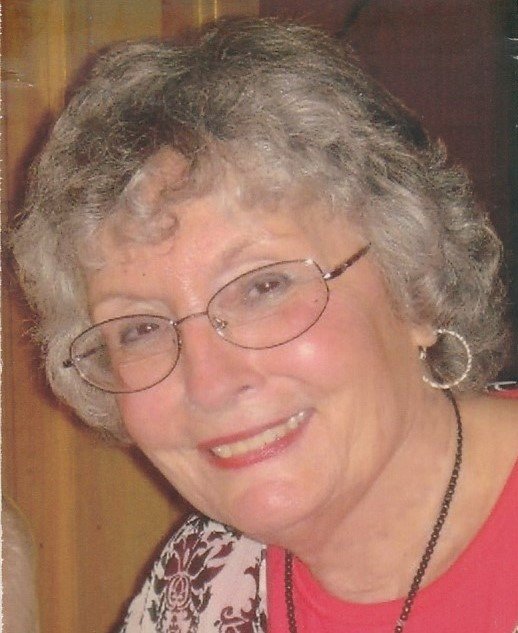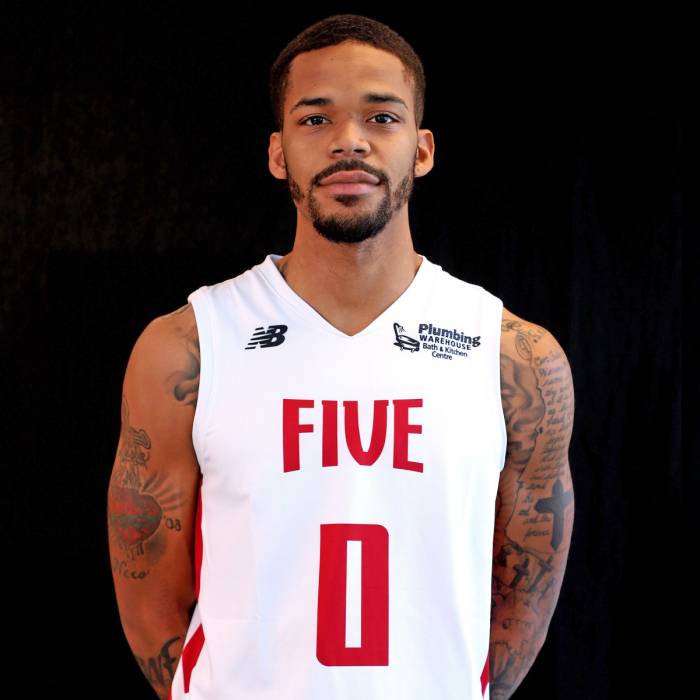Table Of Content
- Director Charlotte Wells on her debut Aftersun — the most lauded British film of the year
- 「時音」Vol.5 Kiyoshi Kurosawa’s Realistic Lens on Times of Crisis
- “Collaboration” before “Convention”: Aiko Masubuchi and the Future of Japanese Film
- How Does Aftersun End?
- In ‘Aftersun’, Charlotte Wells makes a shattering debut
- Expand lifestyle menu

We see Calum and Sophie going through opposite reactions in their journey of aging. Like many kids, she sees being an adult as a much more exciting possibility than childhood. However, he eventually escapes and falls away from adult Sophie before she turns into a child. Fortunately, though, our dates shifted and we still hadn’t quite cracked the casting of Calum yet, so he came back into consideration. He put in so much work on set to build a genuine connection with Frankie, and I think I could see from the first meeting we had that he cares deeply about the film.
Director Charlotte Wells on her debut Aftersun — the most lauded British film of the year
Our music supervisor had originally asked me to come up with alternatives for “Losing My Religion,” which was a problem because I felt that nothing else would be remotely appropriate. The lyrics in that scene are going to be read into, it’s completely unavoidable. I had chosen that song instinctively; it was probably the first song I ever knew all the words to at age 5 or 6. That’s a completely absurd image now, but it’s the product of having had young parents, I’m sure. But it was a song I have strong emotions about, that I connect to my dad and I’m really grateful we got it. I also have to give credit to Frankie because we only had one and a half takes to get it.
Scots director Charlotte Wells wins BAFTA for Aftersun as she dedicates award to late father - Daily Record
Scots director Charlotte Wells wins BAFTA for Aftersun as she dedicates award to late father.
Posted: Sun, 19 Feb 2023 08:00:00 GMT [source]
「時音」Vol.5 Kiyoshi Kurosawa’s Realistic Lens on Times of Crisis
But yes, tai chi and raving are coping mechanisms for different sides of Calum. Making a feature film, though, meant toiling over every detail, carefully sculpting the film’s precise but organic flow. “I was always preoccupied with keeping a record of things visually,” Wells said, describing how she shot friends and parties, including a last-day-of-school celebration before reluctantly changing schools. Romanski and Jenkins signed on to produce through Pastel, their production company formed with the intention of enabling young directors similar to how Plan B helped them make Moonlight. But I’d also like them to come away knowing that memory is a very powerful thing, and it’s warm. For Calum, it’s something he will never get to look forward to or dread again, because he’s now forever frozen in his early 30s.
“Collaboration” before “Convention”: Aiko Masubuchi and the Future of Japanese Film
Frankie Curio is extraordinary as young Sophie and Paul Mescal brilliantly depict the complexity of Calum’s character. It is exciting to think of Charlotte Wells’ future endeavors after this promising debut. Which isn’t to say you don’t consider the audience, but consciously trying to cater to other people while using it as a medium of self-expression seems a dangerous path to walk.

How Does Aftersun End?
Spent most of my life in various parts of Illinois, including attending college in Evanston. I have been a life long lover of pop culture, especially television, turned that passion into writing about all things entertainment related. When I'm not writing about pop culture, I can be found channeling Gordon Ramsay by kicking people out the kitchen.
Her reflections become a powerful and heartbreaking portrait of their relationship, as she tries to reconcile the dad she knew with the man she didn’t. Twenty years after she last saw Calum, Sophie reflects on that time, which they spent together in a Turkish holiday resort. Slowly creeping into adolescence, Sophie is trying to uncover her sexuality, and spending rare time with her young father, often mistaken for her brother. The camera was a record he had for himself that Sophie now has. The footage is the only point of view of Calum that Sophie and we have. Through the camera, we have his only direct point of view during their holiday in Turkey.
So unfolds Tuesday, the first short film by the 35-year-old Scottish filmmaker Charlotte Wells, and one that bears many of the hallmarks found in her shattering feature debut, Aftersun. It, too, radiates with the glow of memory while coursing with an undertow of grief. This scene is juxtaposed with images of adult Sophie (Celia Rowlson-Hall) seeing her dad dancing at a rave. Then she holds him as the film flashes between child Sophie dancing and holding her father close and adult Sophie holding him so he cannot leave.
The fear of aging seems entangled with his depression and anxiety about his life. In some moments, it even seems like Calum would love to switch places with Sophie and have the ability to do it all over again, so he'd have more time to get it right. Calum walks away, not going back into the real world, but into Sophie’s memories. You see the strobe lights coming from behind the door, and this seems to imply that this becomes Sophie’s final active memory of her father. It’s the final night of Sophie (Frankie Corio) and Calum’s (Paul Mescal) Turkey vacation. They celebrate with some ice cream and some dancing to “Under Pressure” by Queen and David Bowie (it’s one of the best movie dance scenes of 2022).
Why queer director Charlotte Wells' BAFTAs speech has won viewers' hearts - PinkNews
Why queer director Charlotte Wells' BAFTAs speech has won viewers' hearts.
Posted: Sun, 19 Feb 2023 08:00:00 GMT [source]
Expand lifestyle menu
Perhaps that is what comes from being a wunderkind with a generous dose of life experience. Murmur of the Hearts by Sylvia Chang was the last film that I sobbed at in the way that people describe sobbing at this film. I saw that in the midst of writing this and was inconsolable. It was so limiting in a way for her, whereas for me, it felt of infinite possibility. People try to box it in, in terms of distributor or the support that I received. But I wasn’t necessarily thinking about the form conforming to anything other than pursuing which films interested me.
And yet sometimes I still forget to point the camera at things that you might wish you had later on. I don’t think that feeling necessarily would ever change, of always reaching for something you don’t quite have. Yet for all the universality out of specificity, there are very fundamental themes that a lot of people can connect with, and a core parental relationship that I don’t think is unique. Even if the one portrayed on screen [between a young father, Calum, and his daughter, Sophie] is one less often portrayed on screen. The film is certainly open, and I have seen people bring many different kinds of experiences to it, but that was certainly an unintended expression – yet it was so immediately legible to this young man. It meant so much that it connected that personally and so specifically.
Because much of the tone is upbeat, it isn’t the saddest movie ever but it doesn’t shy away from making its audience feel melancholy when it all ends. It was a huge investment of my time, and I didn’t always connect with people. The curse and gift of having a kid on set is that time is so limited, so there’s this strain on production to get through the material with the enforced breaks that come with working with a child actor.
It should come as no surprise, then, that “Aftersun” was shepherded along by Pastel, the production company co-founded by “Moonlight” director Barry Jenkins and his longtime producing partner Adele Romanski. It was Romanski who pushed her old film school pal Jenkins to get cracking on “Moonlight” after years of hesitation, and she found herself in a similar position when she first encountered Wells in 2017. As a metaphor for the difficulty of giving vent to painful emotions, a spout clogged with leaves is almost too apt.
He said that he was first diagnosed in 2016, and his most recent chemotherapy treatment was just one week prior, perThe Oregonian. For Sophie, the tapes are anchor points for her to remember memories. The things she sees in the tapes are a combination of things remembered and imagined. We are a cultural charity, a National Lottery funding distributor, and the UK’s lead organisation for film and the moving image. Here was the uncommonly mature debut of a filmmaker of masterful control and deep wells of empathy.
If they want to, they’ll overlook the character’s every positive action in favor of arriving at that interpretation. I occasionally see Aftersun being described as a story of an estranged father and daughter. I don’t know what more I could’ve done to convince them otherwise. Perhaps there’s no winning for people who want to see a positive depiction of fathers. As an adult and a mother, Sophie now knew what it was to be a parent.
The look of concern on the mother’s face, and the tone of the school day’s interactions, give a sense of some unspoken loss hanging over the girl. Each detail tugs at you until finally, after the girl has spent the afternoon alone in the dying light of her father’s apartment, her mother arrives to quietly take her home. “Aftersun” is one of those films that lingers long after you have watched it.
It was the only time he could spend all by himself, and with a sense of peace, he swayed to an inaudible rhythm. The father-daughter dynamic was a frequent topic of conversation after her first feature-film debut Aftersun, a film about a father and daughter. 11-year-old Sophie (Frankie Corio) goes on summer vacation to a Turkish resort with her father, Calum (Paul Mescal), who lives apart. The two spend happy, precious moments with each other, sometimes conversing awkwardly with a camcorder in one hand. In writing Aftersun, she played back old Mini-DV tapes that her father shot of her, sometimes drawing dialogue from the footage.

No comments:
Post a Comment